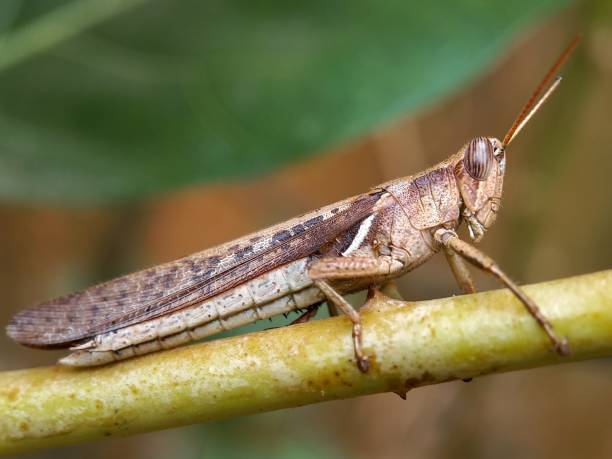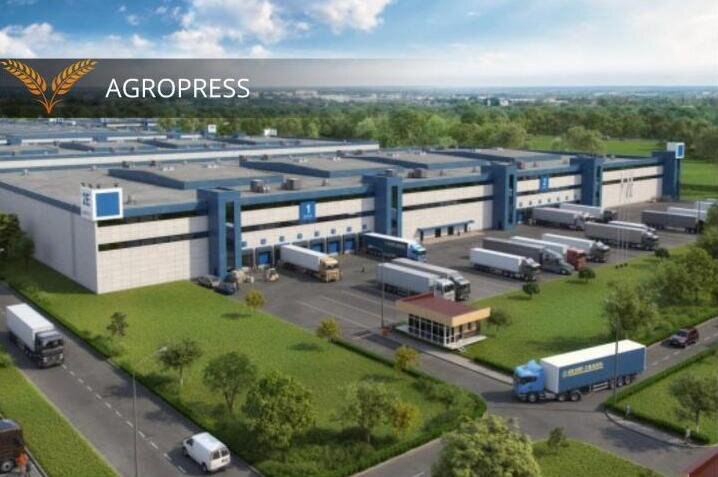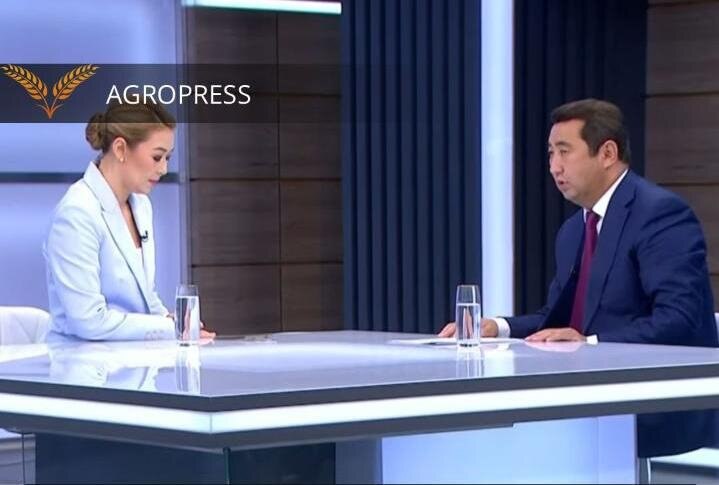Kazakhstan and Turkey to Increase Agricultural Trade
During Kazakh Minister of Agriculture Aidarbek Saparov's visit to Turkey on August 12, agreements were signed for Turkish investments of $2 billion in Kazakhstan’s agro-industrial sector and trade in agricultural products Six projects have already been implemented in Kazakhstan with participation of Turkish investors. The imminent launch of a further ten projects totaling $553 million, include the construction of greenhouse complexes, plants for deep processing of wheat and beans, and vegetable storage facilities. Armada Gıda, one of Turkey's leading companies in producing and exporting agricultural products, is to increase the import of lentils from Kazakhstan, while Tiryaki Holding, is to import of 250 thousand tons of Kazakh wheat. According to Minister Saparov, in 2023, the volume of Kazakh-Turkish trade in agricultural products increased by 13%. Kazakhstan has long exported crop products to Turkey and following the abolishment of restrictions in June, Kazakh agricultural producers can now begin exporting livestock products. Minister Saparov stated that Kazakhstan expects a good crop harvest this year and is ready to increase the export of high-quality agricultural products to Turkey.






